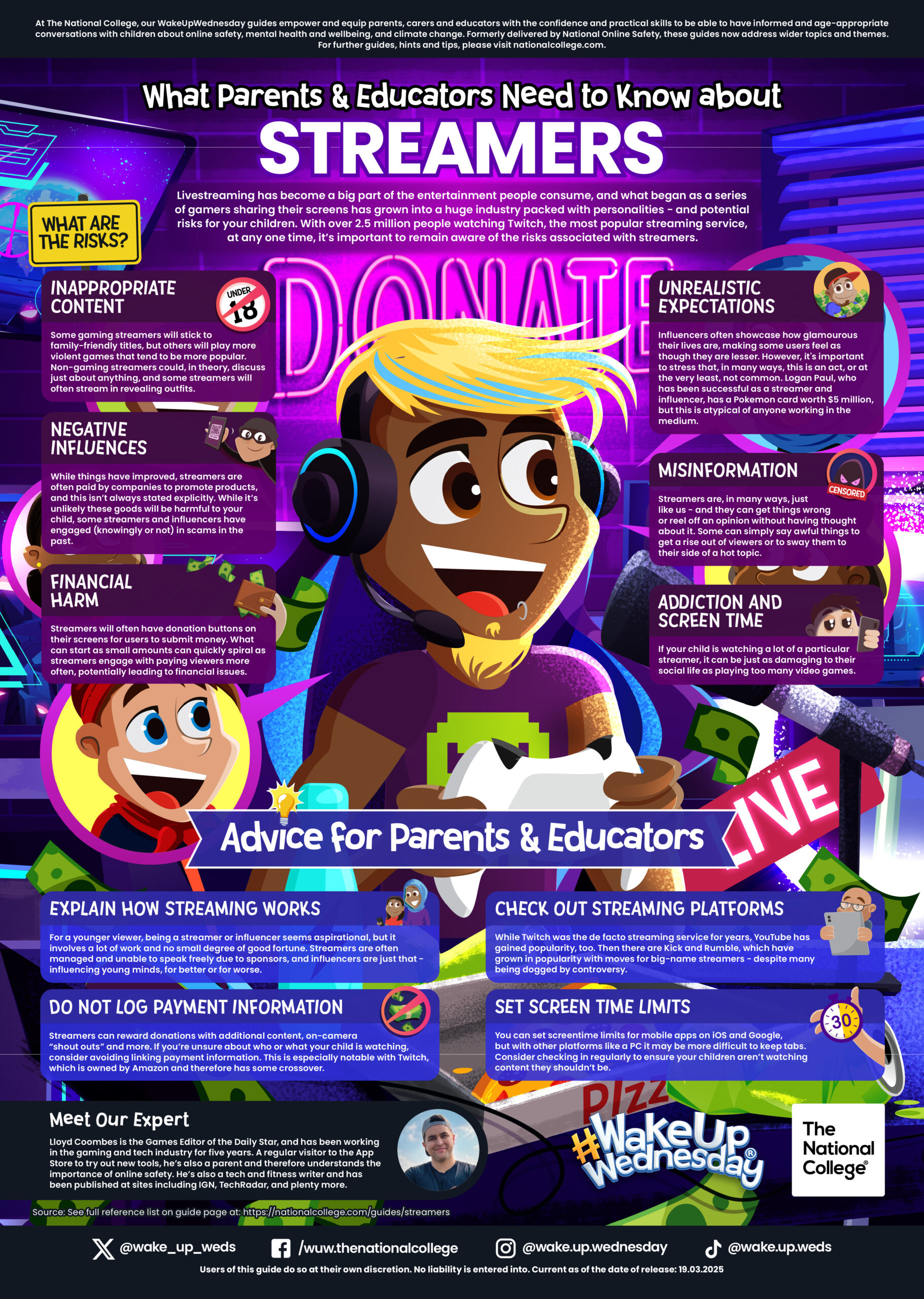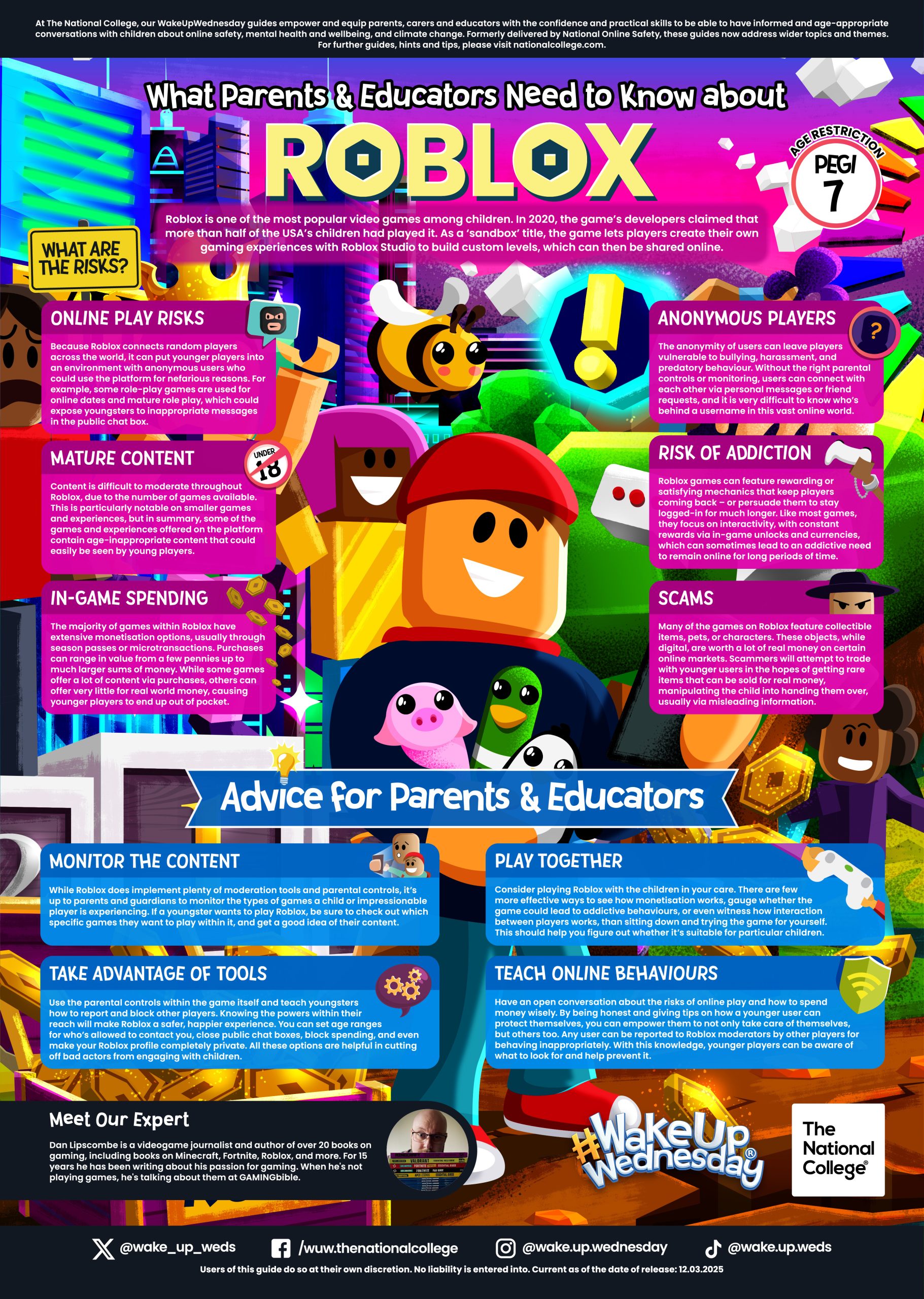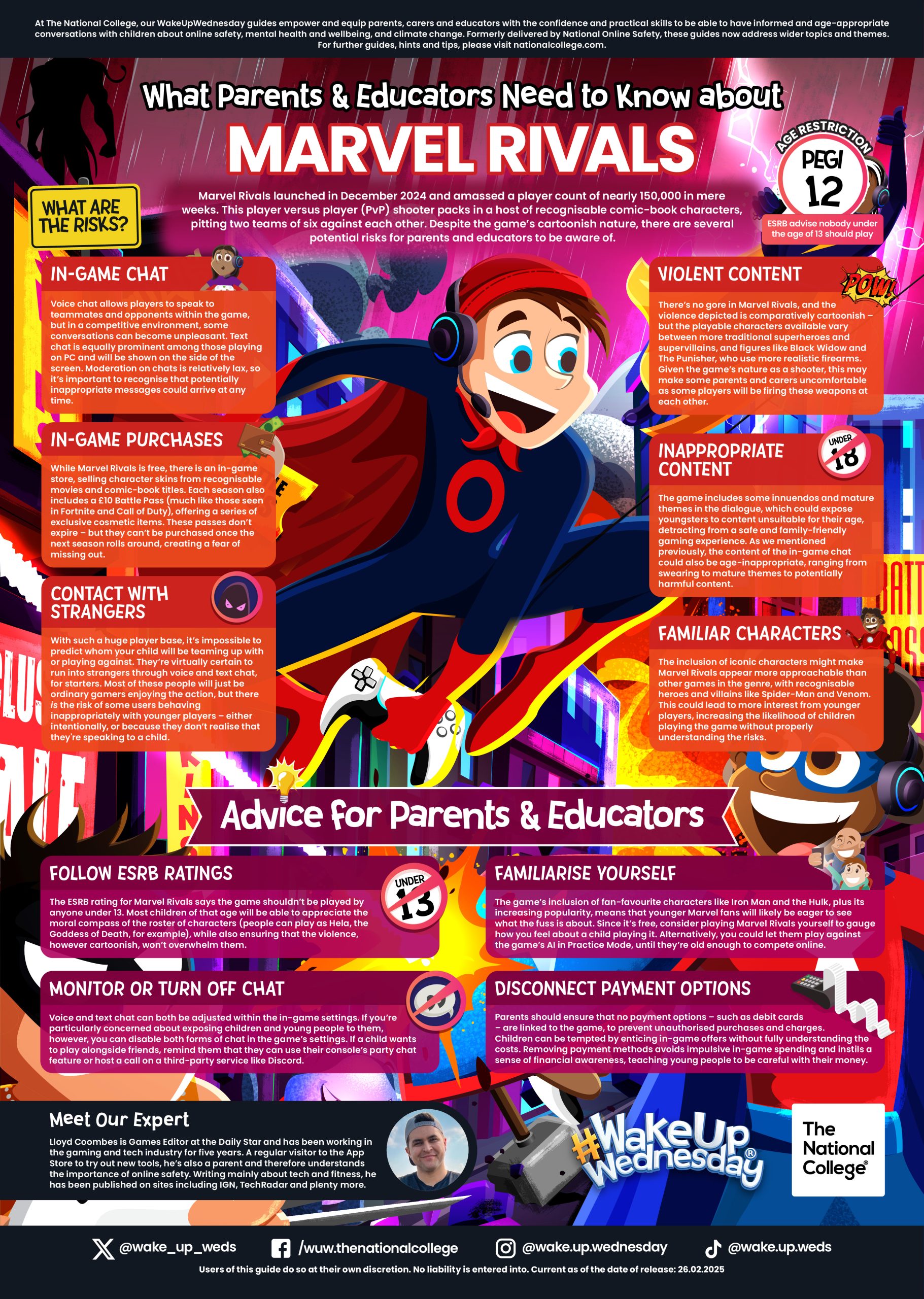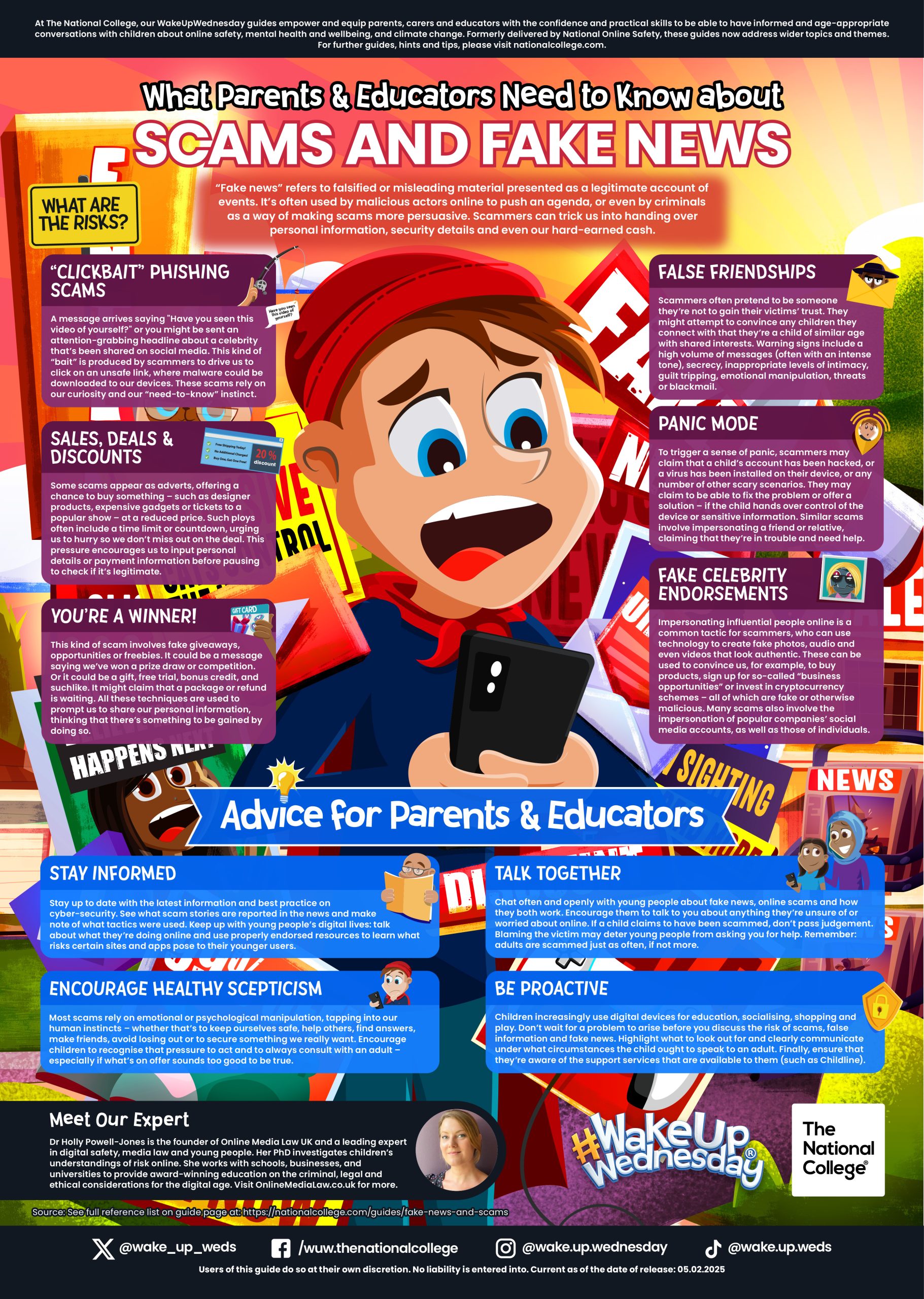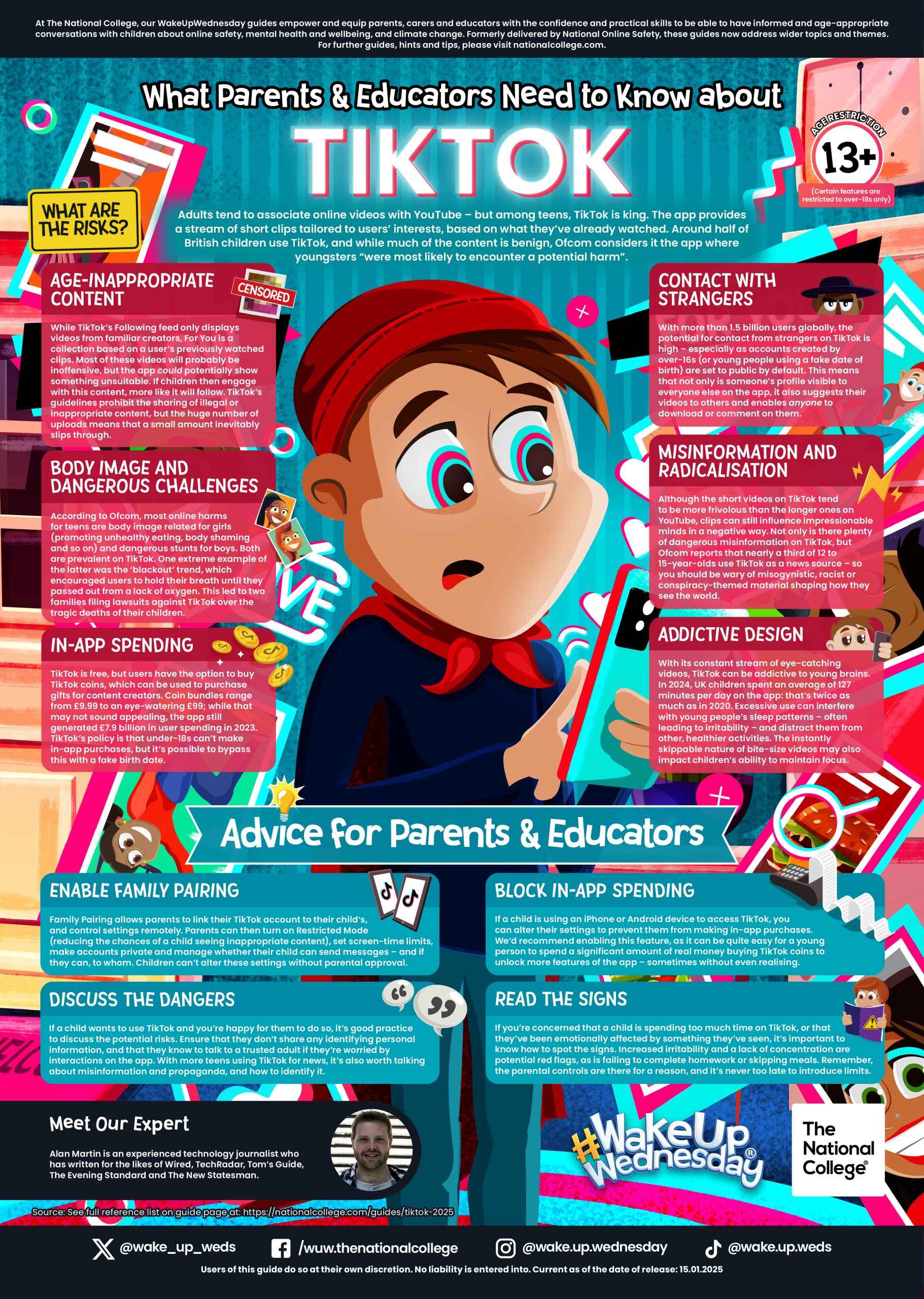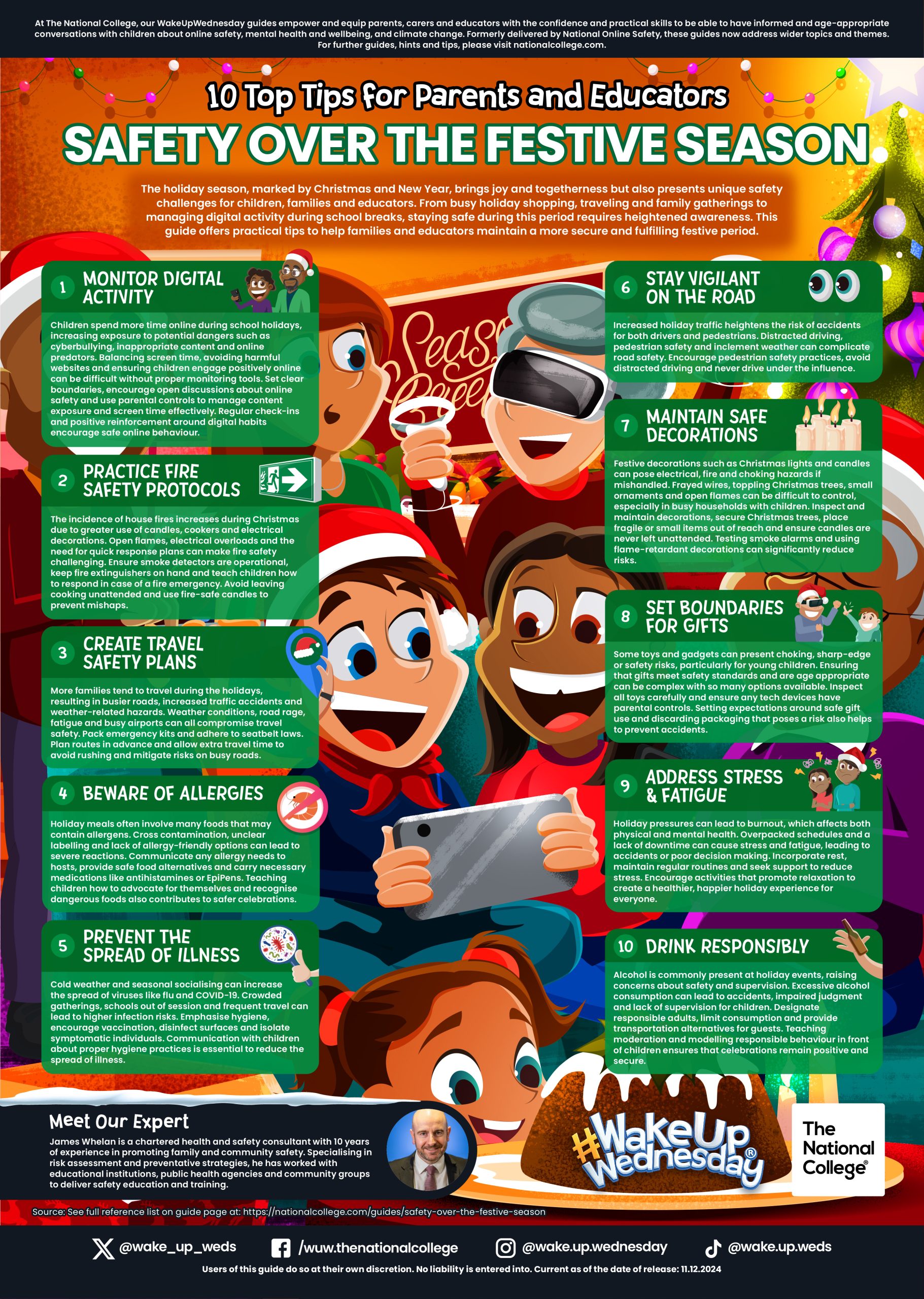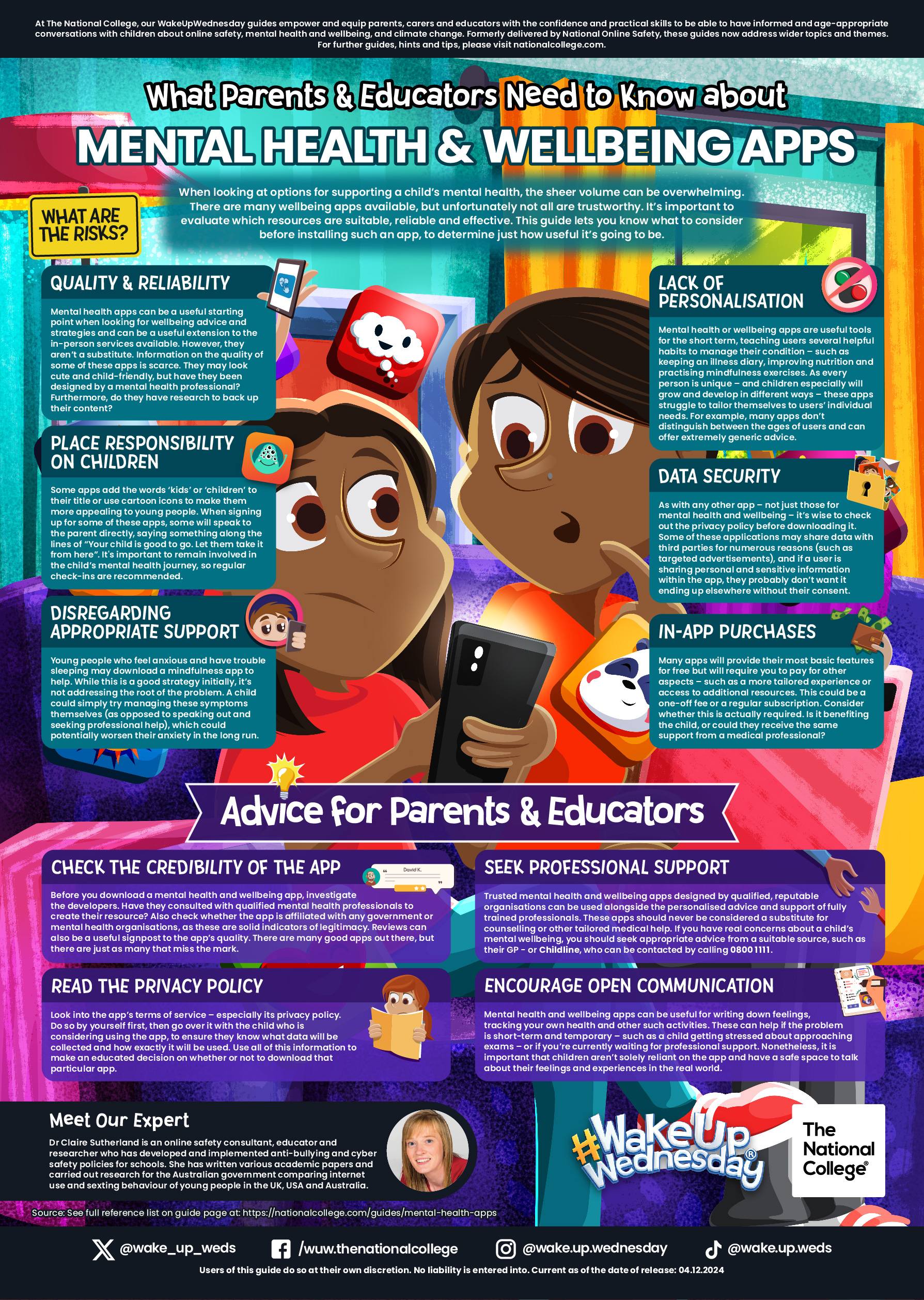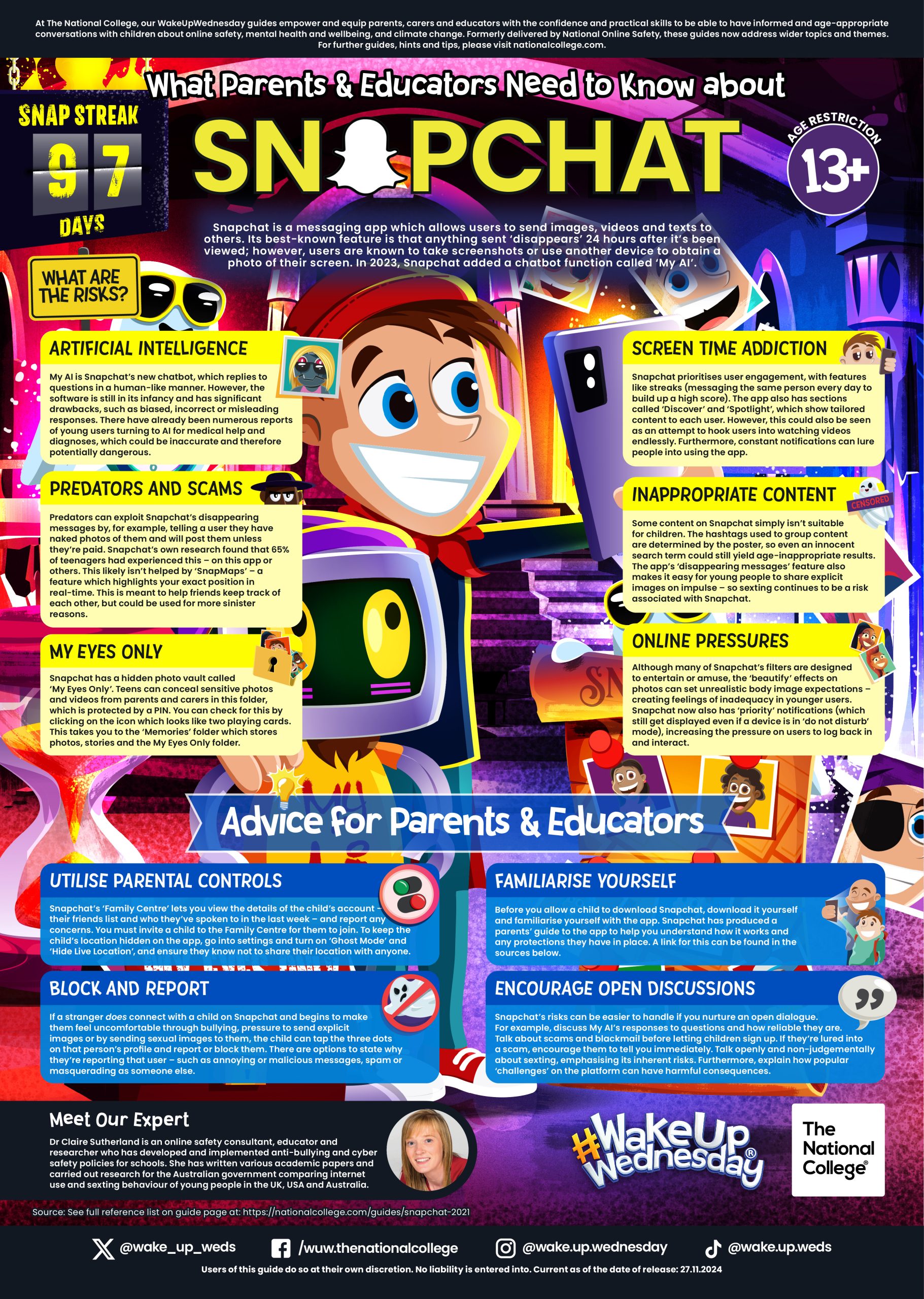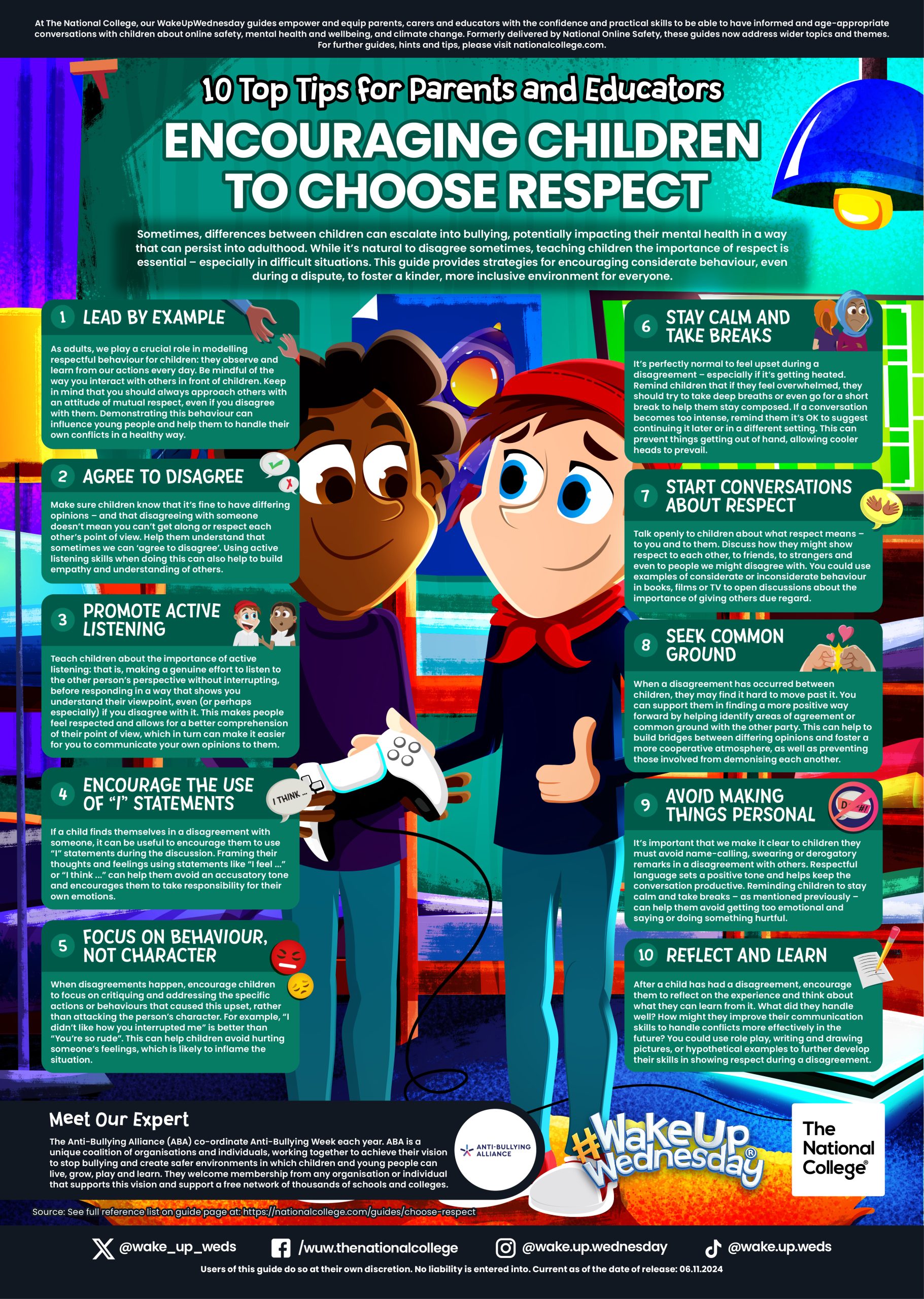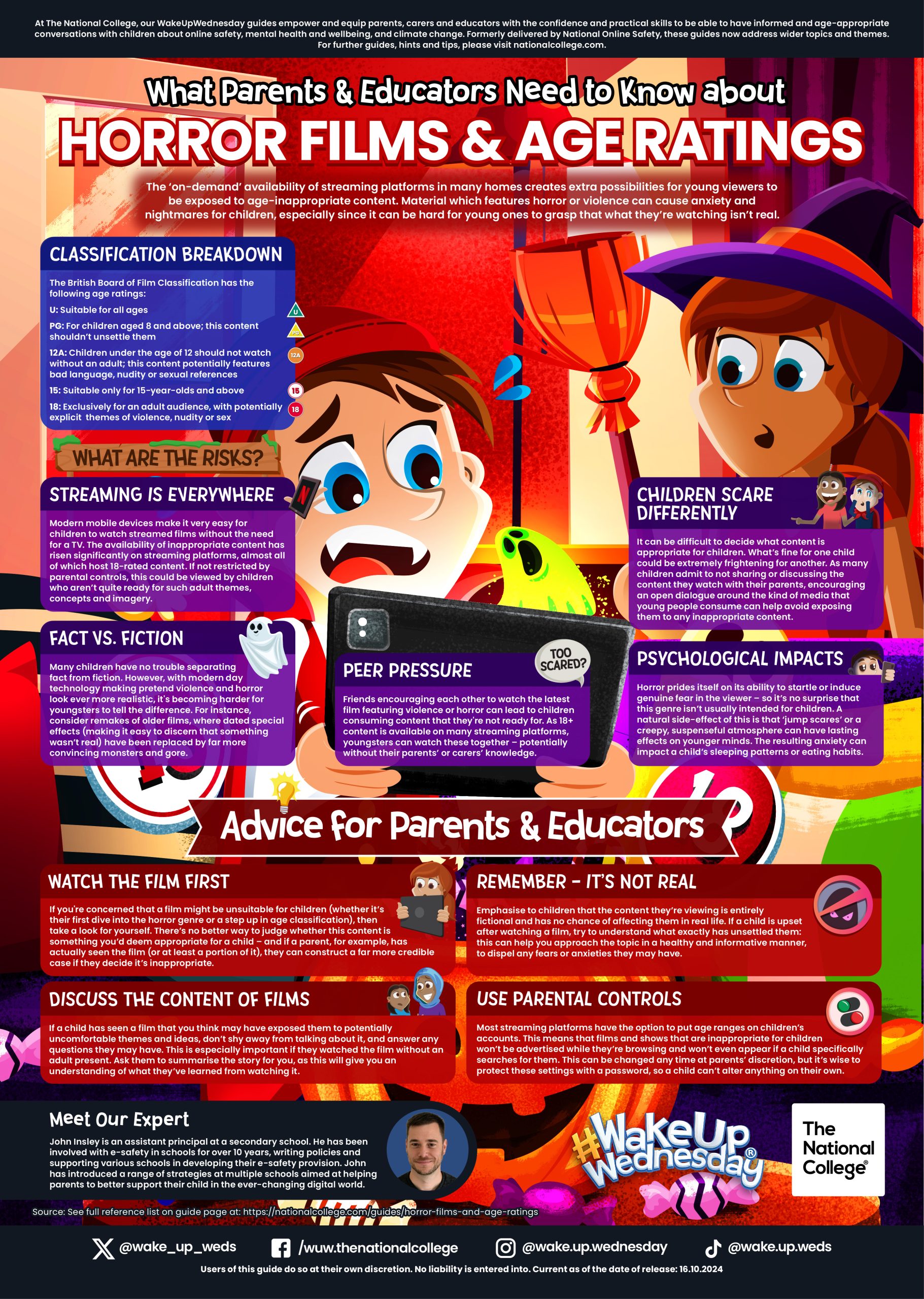You may already know that livestreaming plays a major role in children’s entertainment, with a wide range of personalities influencing young viewers in both positive and negative ways. While watching streamers can be fun, it also comes with significant risks, including misinformation, 💰 financial harms, and ⚠️ inappropriate content.
Popular streaming platform Twitch has over 2.5 million viewers at any given time, which is why it’s more important than ever to stay informed. This week’s guide 📖, also available as a podcast 🎧, explores the potential dangers of livestreaming and offers essential insights to help you protect the children in your care.
Grab our guide below!National Online Safety
This guide is from National Online Safety.

